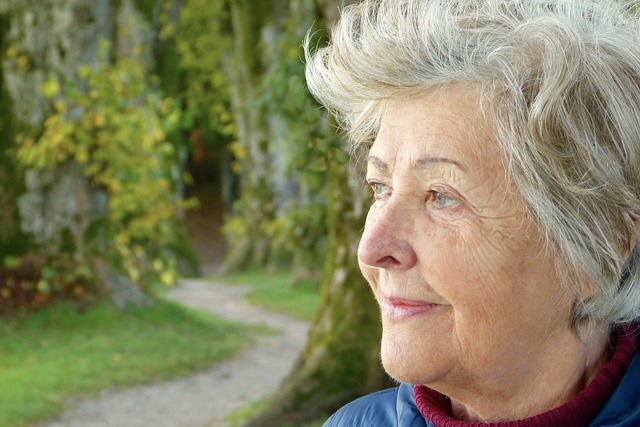Multiple times a day I help people view their aging or injured body in a new way.
My 75-year-old aunt came to me with knee and back pain. Earlier in the year, she had a total knee replacement of the other knee. My aunt has always been extremely active. In her younger days, she played a lot of tennis, skied, traveled, and hiked. In fact, she still travels extensively, golfs, walks, and works out regularly. She never sits still and is always on the move filling every minute of her day with activities and errands.
I had to tell her that she couldn’t play golf until her knee pain settled down. She played anyway. Her response was, “I have to play, people are counting on me!” After a few weeks of this back and forth, she had a trip planned to Canada which included some hiking. I suggested she not play any golf until after she got back from her trip. She agreed. Upon her return from Canada, she had no knee pain. Now, unfortunately, she is having leg pain from spinal stenosis which limits her ability to walk more than 15 minutes without both legs feeling tired and achy. When I told her she might have to slow down her lifestyle including no golf, she looked perplexed and said, “How do I do that?”
Pain and Aging Can Cause an ‘Identity Crisis’
My aunt, like many of my patients who are in pain, is going through something akin to an identity crisis.
Who am I if…
I can’t do all the things I used to do?
I can’t exercise the way I used to?
I’m in a constant state of pain?
I can’t move the way I used to?
I help my patients navigate these concerns and questions daily, guiding them to view their aging or injured body in a new way. I constantly remind them throughout the healing process of what they couldn’t do when they first came in and how much progress they’ve made. “You can’t rush mother-nature”, and “healing/rehab takes time”. “It’s completely normal to take two steps forward and one step back”. I reassure my patients that they will return to the activities they love. They just have to be patient.
For patients who are going through the aging process or a chronic condition, I emphasize that they will experience a new normal going forward. Experiencing grief or loss over not being able to continue the same activities they love is normal. There will be good days and bad days, and this can be difficult to accept.
Aging and bodily changes are inevitable
It is inevitable as we get older for our bodies to go through changes that affect how we move and function.
Now that I’m in my mid 50’s, I notice I don’t sleep as well as I used to. And, after the first couple of steps in the morning, my feet and ankles feel very stiff.
My older patients and friends complain of back stiffness upon waking in the morning. In fact, no matter the age of my patient, whether they are 30, 40, 50 or older, they all complain, “I can’t do what I did 10 years ago”.
Some things to expect as we age
After age 25
We begin to get shorter as our discs in our spine begin to lose height. (This is unfortunate for me as I started out just shy of 5’!)
After age 30
Tendons become less flexible. Tendons connect muscles to bones. (With reduced tendon flexibility we lose speed.)
After age 50
A lot changes when we reach the age of 50:
- Vision changes
- Hearing decreases
- Muscle mass decreases
- Balance decreases
- Hormonal changes contribute to weight gain and make losing weight difficult
- Bone mass decreases
- Possible Osteoporosis with a risk increase for fractures
- Joint degeneration from activity begins to increase
Of course, these inevitable body changes do not affect everybody the same
General health, current, and past activity levels, and genetics all play a role in how much these changes affect your life. With mindfulness, care, and acceptance of your changing body, you can prevent these changes from limiting your life, activities, and health. I have been fortunate to work with many amazing older folks who do not let age stop them:
- Joan is an 83-year-old avid hiker, camper and canoer.
- Hope is a 71-year-old triathlete who is tops in her age group.
- Peggy is 78 and still hikes the Aspen trails and cross-country skis.
- Multiple men and women in their 40s – 60s are still running marathons, triathlons, or doing yoga and walking.
For some great tips on how to take care of your aging body, download my free eBook: Mindful Tips for Pain-Free Daily Movement.
In addition to the physical changes, we are also dealing with changing roles
Transitioning from raising children to caring for our aging parents, becoming empty-nesters, or transitioning into a new career or retirement presents challenges. Finding purpose and meaning in this new phase of life can be both scary and exciting. I went through the transition to empty-nester two years ago when my son went off to college. You can read my transition story here.







Leave a Reply